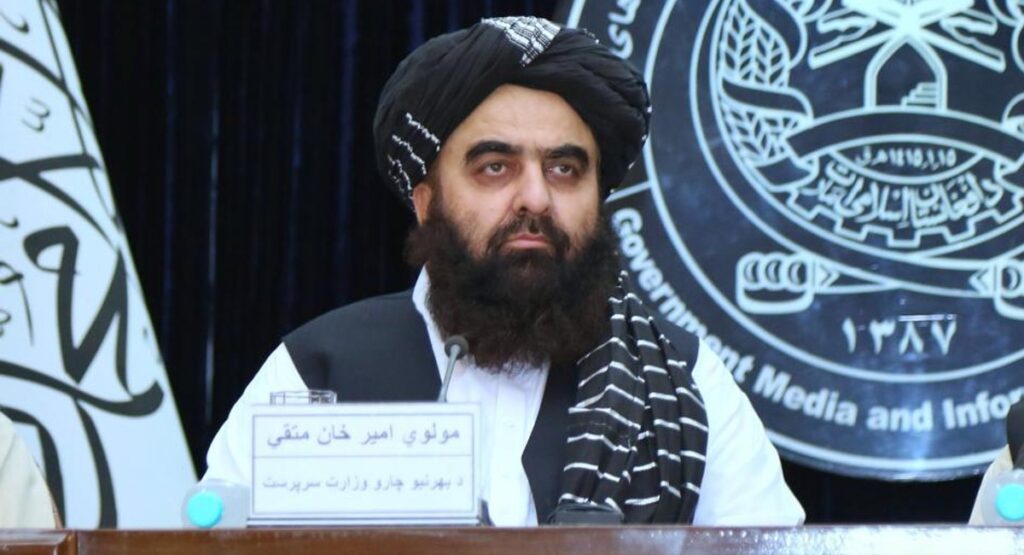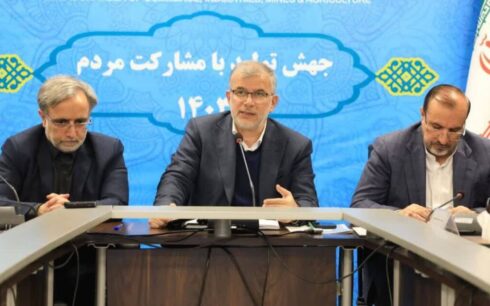KABUL, Afghanistan — Despite being under United Nations sanctions, the Taliban’s Foreign Minister, Amir Khan Muttaqi, has traveled abroad five times over the past year, raising questions about the enforcement of international restrictions.
Muttaqi is currently in Cameroon to attend the 50th meeting of the Organization of Islamic Cooperation (OIC) Foreign Ministers. His trip follows previous visits to Russia, China, Iran, and Turkey, highlighting the Taliban’s ongoing engagement with global and regional powers despite international censure.
In addition to Muttaqi, several other high-ranking Taliban officials, including Abdul Ghani Baradar, the deputy prime minister for economic affairs; Mohammad Yaqoob Mujahid, the defense minister; Sirajuddin Haqqani, the interior minister; Abdul Haq Wasiq, the intelligence chief; Abdul Manan Omari, the minister of labor; and Abdul Latif Mansur, the minister of energy and water, have also traveled abroad in defiance of United Nations travel bans.
Muttaqi’s latest trip comes amid the Taliban’s continued refusal to comply with international demands, particularly from Islamic countries, to ease restrictions on girls’ education and other human rights issues.
“The Foreign Minister is scheduled to participate in this two-day meeting, which will be held from August 29 to 30, and he will have bilateral meetings with the Foreign Minister of the host country and members of the OIC,” said Zia Ahmad Takal, the Taliban’s deputy spokesperson.
His recent travels include:
September 25, 2023: Moscow, Russia, for the “Moscow Format” meeting.
October 3, 2023: Beijing, China, for the Third “Trans-Himalayan” meeting.
October 29, 2023: Ankara, Turkey.
The ability of sanctioned Taliban officials to continue traveling has sparked outrage among Afghan women, who remain subject to severe restrictions under Taliban rule.
“Schools are closed to us, universities are closed to us. We cannot work. The restrictions on Afghan women and girls are intense. How can the international community ignore our demands and allow Taliban leaders and officials to travel to their countries?” said a Kabul resident who asked to remain anonymous due to security concerns.
Muttaqi, a key figure within the Taliban, was sanctioned by the United Nations following the September 11, 2001, attacks. These sanctions include travel bans and asset freezes. Yet, the apparent ease with which Taliban leaders have bypassed these restrictions has led to growing criticism from within Afghanistan.
The international community’s inability to enforce these sanctions effectively has raised concerns among Afghan citizens, who question the legitimacy of such measures if they can be so easily circumvented by Taliban officials.





